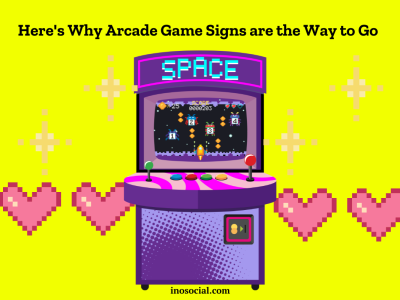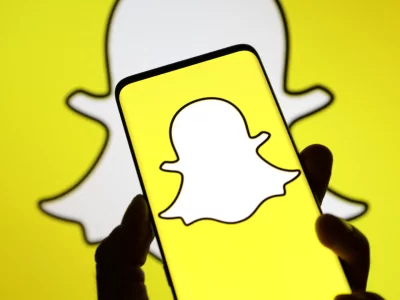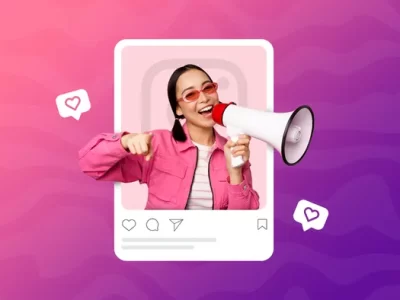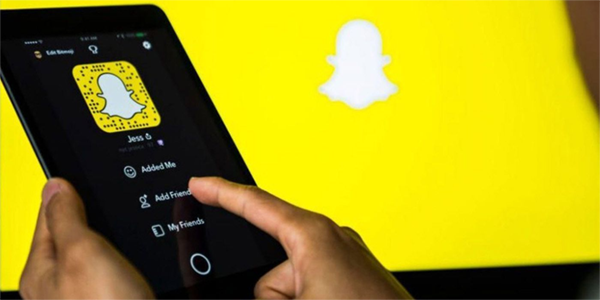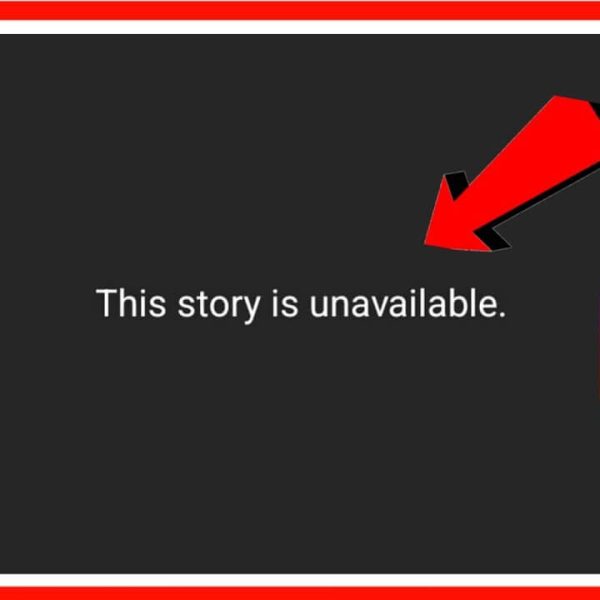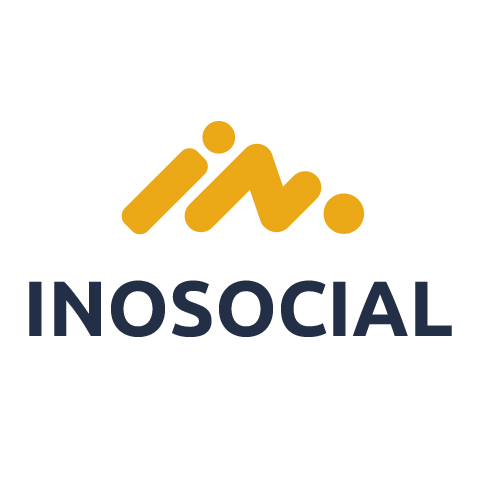Our digital world has completely altered the methods companies use to market their products and services. Add to this the contemporary consumer, someone who is only interested in how a company can provide value to them, and the entire environment of marketing has changed.
One of the most important marketing strategies now includes a strong social media presence. Without that, companies cannot hope to connect with their target audiences. This is certainly true for online dating apps and websites that are hoping to woo users and keep those they already have.
So what does strong app marketing on social media look like? Let’s unpack the strategies used by three major dating apps on their Facebook accounts. Facebook was chosen, because it has a more all-encompassing audience. All of the three apps here have accounts on “younger” platforms – Instagram, Twitter, Snapchat, etc., and their “looser” content is meant to appeal to the younger audiences who hang out there. Here, we’ll look primarily at Facebook
Match
The posts found on Facebook show some solid strategies, including the following:
- Lots of variety in types of posts – personal stories, features of some of their clients, challenges of single dating, even recipes for dinner dates at home.
- Plenty of visuals – photos, memes, videos
- Use of humor (e.g., Satan seeking a match)
- Shorter versions of the same content are found on their Instagram and Twitter accounts, although those accounts are a bit “racier” in language and style.
Are there any downsides to Match’s marketing strategies on social media? Actually, yes there are. It looks like Match is not using a social monitoring tool. Or, if it is, it is not using the results of that tool. Nowhere, not anywhere, in any of the negative comments or issues is there any reply from the staff at Match. This is a huge “no-no” for any consumer-based company. Every piece of negative feedback or a stated issue should receive a response from someone in the company. Users then know that someone is listening and willing to address their issues. This is woefully absent on the Match Facebook account.
Taimi
The Red Playground States that the LGB community seems to be more active on dating sites than heterosexuals, so for an all-inclusive and yet exclusive dating app for the entire LGBTQ+ community, use Taimi. Of course, it has a large presence on Facebook, as well as other social media platforms where their target audience hangs out. On all of these platforms, Taimi has a common strategy for marketing, including the following specifics:
- Honors the most common gender identities and sexual orientations with a variety of posts, visuals, videos, and animation
- Posts that pose questions on current issues within the community to spark discussions, keeping users and followers engaged and coming back for more
- Pointing links to relevant blog posts to get visitors to their website.
- Featuring stories of couples who have found their life partners
- Always offering the option to “download now” for those visitors who have not yet joined.
- Taimi openly solicits its users to submit their love stories – people love stories, but such stories also provide “social proof” of Taimi meeting its goal of bringing the right people together for their purposes.
One thing that does make Taimi stand above many others is their consistent response to any issues or questions that are posted on their social media accounts. They are obviously making good use of social monitoring tools and have staff dedicated to this commitment.
If there is any downside to Taimi, it would be some lack of diversity in its postings. There is a preponderance of lesbian visuals, followed by gay men and then transgenders. Not a lot of posts about other identities and sexual orientations. On its other platforms, there is more diversity.
eHarmony
eHarmony has been around for 22 years – one of the early dating/love matching services. It focuses on heterosexual matchmaking.
Like the other “big boys” in this sector, it has accounts on all major social media platforms. Also like the others, its Facebook posts are a bit more conservative than they are on Instagram and Twitter, which tend to have younger audiences.
- There is a good variety of posts, a combination of inspiring statements, some promotional content (enjoy a free ice cream at a Los Angeles shoppe and get a 20% discount on the joining fee), and, of course, the usual “success” stories
- Because eHarmony focuses more on long-term relationships than casual hookups, its featured couples are primarily those who met through the app and who are now married or have at least set the date. And while minorities are somewhat represented, all couples are heterosexual
- There are plenty of comments by users, which is understandable, considering there are over 330,000 followers.
A huge drawback of the Facebook presence which is not seen on their other platforms is the long line of positive comments that a user is subjected to with each success story. These are boring and simply force a visitor to scroll down to the next post. On the other hand, when there are complaint comments, these are “hidden” unless a visitor clicks. And there are no company responses to these complaints and issues – not a good thing.
Standard Fare
In all, the social media presences of these three are quite similar. Because of the target audience on Facebook, posts are a bit more conservative than those found on other platforms with decidedly younger audiences – good marketing tools
Suggestions for all three:
- Engage more by promoting more audience participation – surveys, quizzes, etc.
- For two of these (Match and eHarmony), being far more responsive to customer issues is a must.
- More focus on benefits to consumers, not on the company – this is the key to any marketing program today – “What can you do for me?” is what consumers want to know. Focus on the value proposition.


